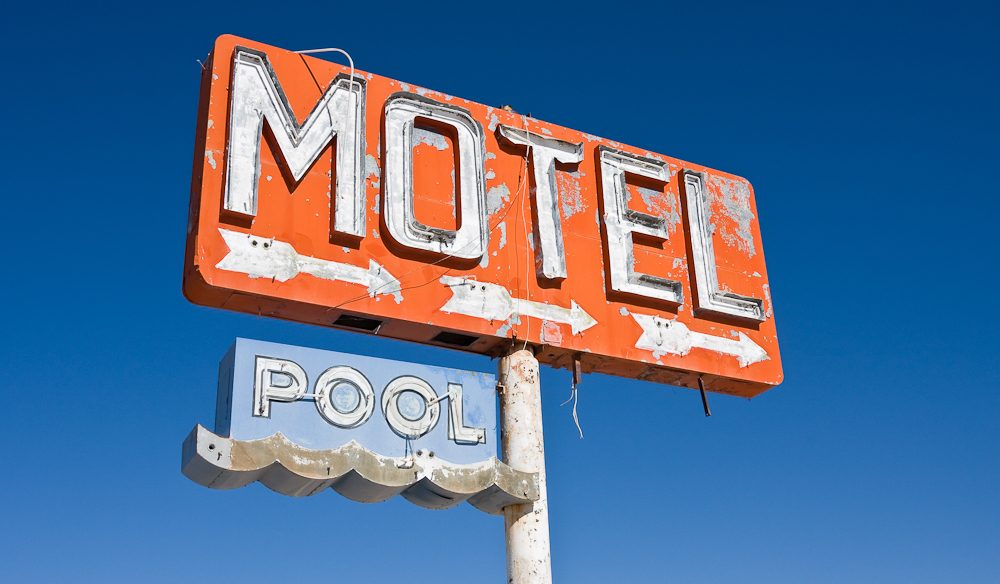10 March 2020
![]() 2 mins Read
2 mins Read

The internet is chock-full of tempting travel offers and some people often think that the last-minute deals will save them a bundle. Quentin Long explores the myths and the realities of clicking on that too-good-to-true dream holiday, asking us to think twice or thrice before booking.
Ask yourself, 50 per cent off what, because it can be a meaningless term. The bulk of people buying a particular fare could be paying 40 per cent, for example. Research the original offer by cross checking as many booking engines as possible.
Know roughly what you should be paying for a hotel in your city of choice. Expedia.com and Hotels.com have a great service where you can discover the average price for hotels at any given star level in a given city.
Check that the room you’re being shown in the picture is the one you are actually booking. Beware of extremely cheap rooms in quality hotels because they may be offering you the worst room (pokey, noisy). Also, check out how close your hotel is to the centre of town (or wherever you want to be) otherwise you could end up in the middle of nowhere. Overall, cheap last-minute accommodation deals are associated with lower quality rooms.
Many of the cheapest travel deals require you to pay upfront on your credit card. Calculate if the interest on the purchase to see if the deal is still in your best interest. How much better would that cash be on your mortgage offset account, for example?
Timing is probably one of the biggest issues with last-minute deals and many offers will lock you into a rigid contract. First up, check the cancellation policy – what penalty will you be charged if you need to cancel or reschedule (if it’s allowed). Often, there will be a minimum stay policy too.
LEAVE YOUR COMMENT